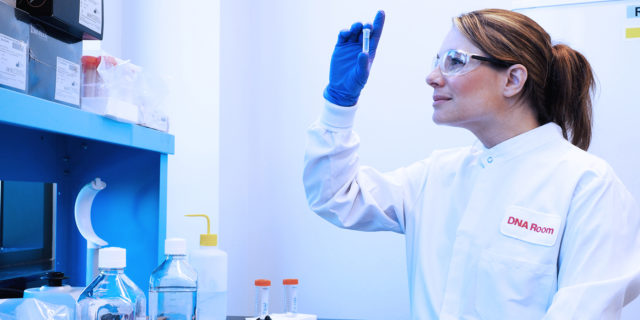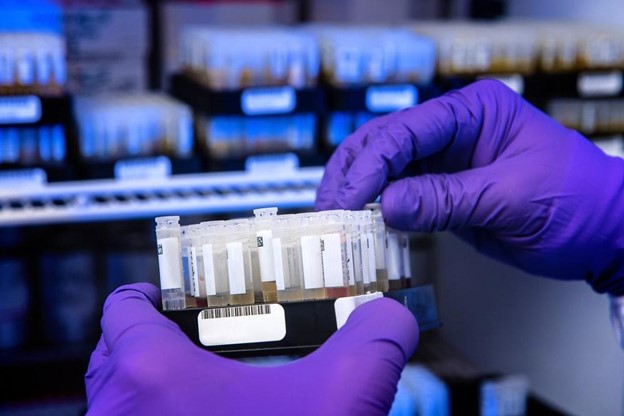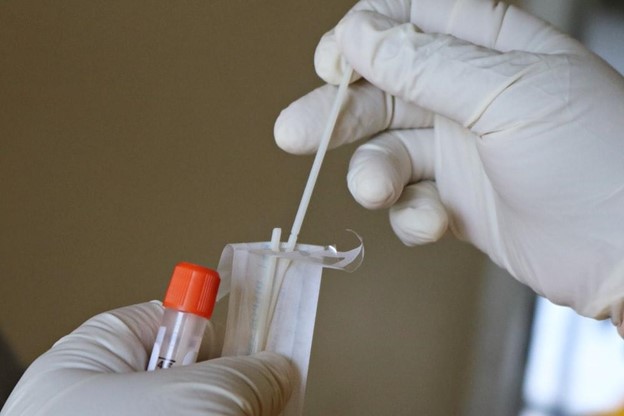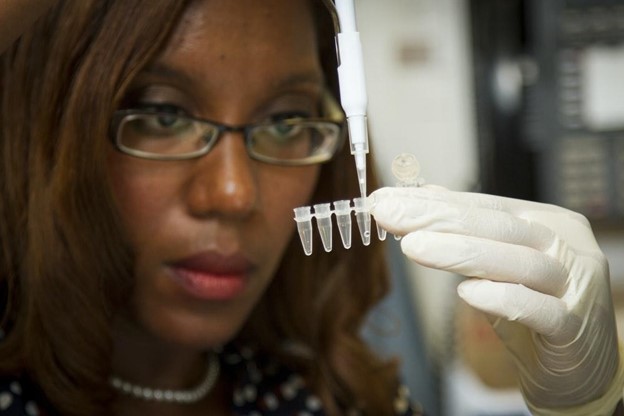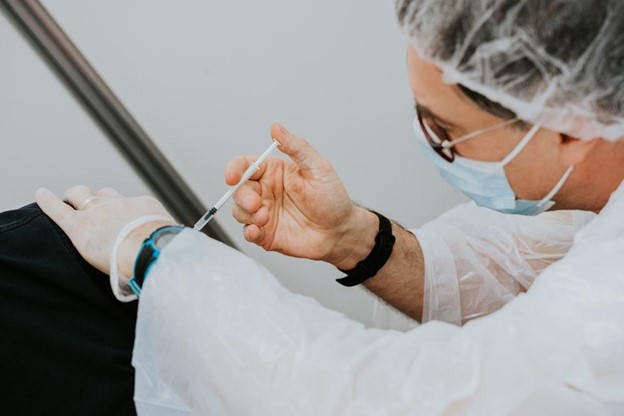Several disciplines concerned with the molecular analysis used custom antibody technology to manufacture antibodies. If a researcher is interested in custom antibody production, one critical aspect is selecting the essential customer antibodies. You may need to gather as much information as possible about your target molecule before starting your immunoassay success.
There are several factors you can consider when selecting a customer antibody. This article focuses on how you can choose custom antibodies by considering factors such as species reactivity, specificity, sensitivity, antibody clonality, and host species.
Table of Contents
1. Understand your target proteins
The target molecule for your research is essential when selecting a custom antibody When conducting hypothesis-driven research, start with an idea about a particular biological activity in the experimental model. You can identify this hypothesis by reading literature or discussing it with collaborators. Understanding your target protein’s biology before antibody research can inform you about your antibody selection.
The target characteristics include the target proteins’ expression level and subcellular localization. You should also consider whether the protein undergoes any post-translational modifications or if it’s the target of upstream signaling events. This information can help you understand the overall biological context when you conduct experimental design and antibody selection.
Find all the essential information on the biology of your target protein as it can help you choose controls, design components of the experiment, and identify the next target for a follow-up experiment. You can check antibody reviews on antibody performance and how to optimize different immunoassay protocols.
2. Use search engines to find antibodies.
Once you’ve compiled a list of target proteins for the experiment, you need to find antibodies. The best way is to use search engines like Google to search for antibodies. The information will help you understand how to apply them in your immunoassay. Consider essential search items when using search engines. For example, you can use modifying terms like “monoclonal” or “phospho” when searching for antibodies to get to the manufacturer’s respective websites. The focus is to collect as much information as possible about custom antibodies before conducting the research.
3. Understand species reactivity and application
Determine the target species’ reactivity as another part of selecting antibodies. Find information on the antibodies product page and examine the report that supports the target species’ reactivity. It’s important to distinguish between the species’ reactivity and antibody host species. When checking for sensory activity, look for validation data performed in cells or tissues from the desired species. Similarly, your search results should include the number of antibodies needed with the desired target and species reactivity.
Determine precisely the validation performed in your preferred application using data on antibodies. For example, look for details about the experimental design and protocol used for the validation experiment, including the cells or tissues used to generate the desired results. The investigation should include controls and prepare and process samples during the protocol. Information on this research can help you decide whether the antibody will work with your samples and protocols, or you will need to add your validation tests before scaling out experiments.
No single assay is sufficient to determine the validity of an antibody regardless of the application. The antibody is specific and sensitive, depending on the application and protocol. An antibody’s performance in one application does not affect its specificity or performance in another application or protocol. This is down to the differences in sample preparation that involve epitome structure or can be the differences in antibody binding conditions that affect the strength of an antibody-antigen interaction.
4. Determine the antibody host species, isotype, and sub-class
In many immunoassays, protocols involve an incubation step for the primary antibody that binds to your target protein. An incubation step with a conjugated secondary antibody follows to produce a signal at the end of the immunoassay. This means you need a secondary antibody that recognizes the primary antibody. Some secondary antibodies recognize multiple isotypes of one species, while others are narrow and recognize only one isotype.
Focus on matching primary and secondary antibodies to enable the design of multiplexed experiments. You can also consider directly conjugated primary antibodies as they will be ideal. The antibody host species is an important consideration when selecting custom antibodies. Pick a well-validated secondary antibody and include appropriate controls to avoid generating misleading results.
There are disadvantages and advantages of monoclonal and polyclonal antibodies. When conducting custom antibody production, choose the recombinant monoclonal antibody for your research because of the consistent performance. However, a polyclonal antibody may be the best option if you detect a novel target until a monoclonal has been developed. Choosing between a mouse and rabbit monoclonal will depend on the unique requirements of your immunoassay.
5. Know about anybody’s production
It’s possible to find less purified antibodies such as crude serum isolated from blood. Such antibodies can be problematic if you’re planning to conjugate the antibody to an enzyme or perform an experiment such as immunoprecipitation due to the low antibody concentration. The crude serum can also contain other proteins or components that can interfere with the antibody conjugation and cause unintended consequences. This may force you to consider the addition of purification in your antibody production.
Alternatively, you may need to buy standard formulation purified antibodies because they provide enough options to probe the target proteins. You can also consider using carrier-free, custom formulations or bulk quality purchases if you work in lab work or a facility that uses specialized high-throughput immunoassay formats. In most cases, performing a buffer exchange and concentrating the antibodies in your lab is time-consuming; it can be prone to variability.
6. Antibody specificity and sensitivity
Antibody specificity and sensitivity are essential when picking an antibiotic to support your research. When planning to detect a single member of a cross-related family of proteins, you’ll have to consider specificity. Make sure you choose an antibody that recognizes the protein without cross-reacting with other family members. You can only be sure that an antibody is specific by finding testing data proving the case. A sequence alignment can also indicate homology.
Antibody sensitivity helps understand your antigenic target. If you’re dealing with a low abundance protein, you will need to compare different antibodies to find one that produces the strongest signal in your immunoassay while retaining specificity. Determine that the antibody is specific to your target protein when phosphorylated at a particular residue. It should also be sensitive enough for your application.
Bottom line
The custom antibody production selection requires exceptional attention to detail to achieve the next biotechnology breakthrough. You may need to search the published literature and dig into the research papers’ materials and methods section to get more information on antibodies. Also, check the antibody review sites and social networks to get feedback regarding antibody performance from researchers. Always maintain a critical eye to avoid inaccurate or incomplete information in the literature. Use a healthy dose of skepticism until you are confident and what is validated.

